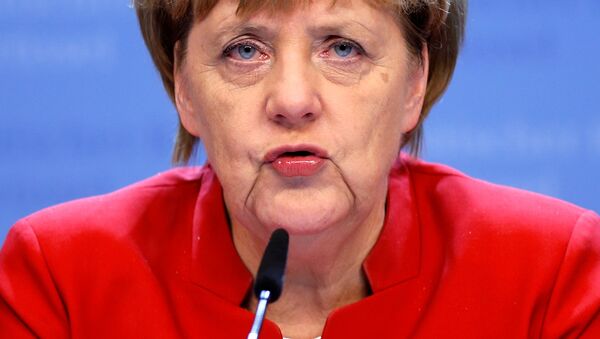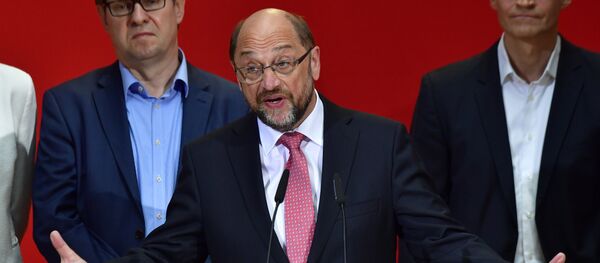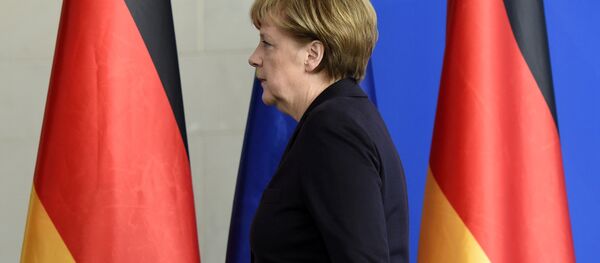However, the so-called "Schulz effect" has failed to materialize and his SPD party have lost three crucial regional elections in a row — in North Rhine-Westphalia, Schleswig-Holstein and Saarland, with Merkel topping the polls each time.
The latest opinion poll, the Stern-RTL-Wahltrend, has Merkels CDU/CSU party on 39 percent, with the SPD dropping back to 25 percent. Meanwhile percent said Merkel was the preferred Chancellor while Schulz's support slumped to just 22 percent.
This is a remarkable turnaround since March when a poll found that — in the event of another grand coalition, 44 percent of voters would prefer Schulz to form the next government, rather than Merkel.

'Open Doors' Policy
For Merkel, it has been a roller coaster two years — ever since she caused consternation within German and abroad over her "open doors" policy on refugees, which she announced in a speech, August 2015.
As a million migrants flooded into Germany, Merkel was criticized for failing to give the federal states the resources to deal with them and tens of thousands arrived on false documents. Opinion polls showed her flagging for months, but she has managed to claw back her popularity in recent months.
It is unclear why Schulz has failed to make an impact so far, although he may be suffering a backlash from euroskeptics amid rising nationalism. Partly it may be that he has been tied up in European affairs for too long and lost touch with the national political agenda.
The SPD party is to relaunch its manifesto over the coming days in the hope it can set out better its priorities for government.




